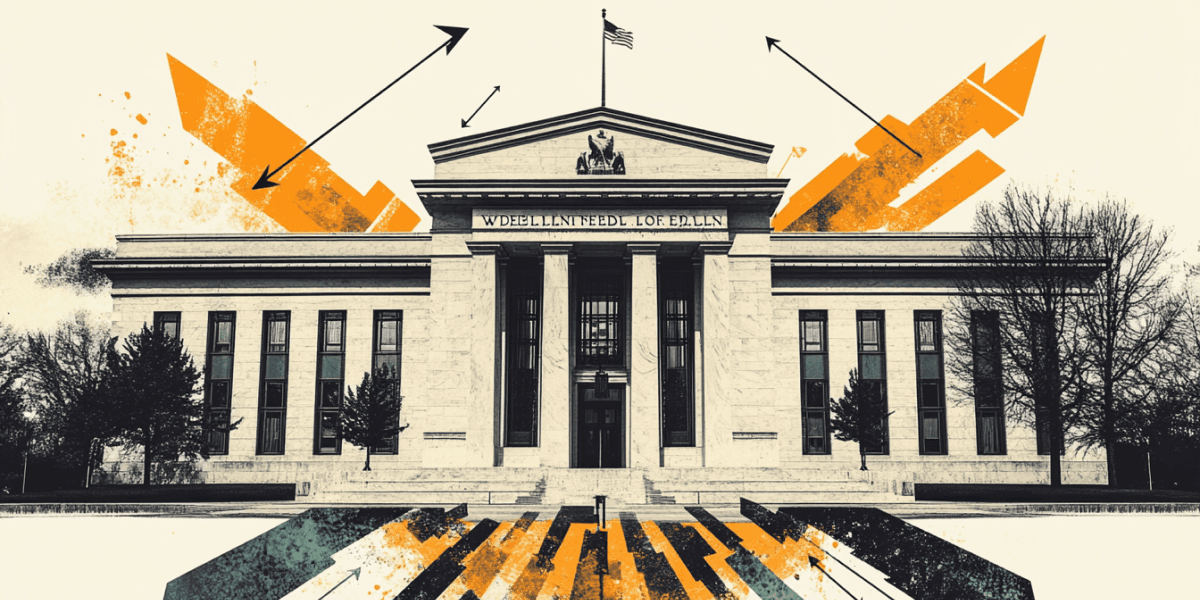Global central banks have recession as unified goal – What does that mean for commodities? [Video]
![Global central banks have recession as unified goal – What does that mean for commodities? [Video]](https://editorial.fxstreet.com/images/Markets/Commodities/Metals/Gold/Gold_Bar_XAU_Precious_Metal_XtraLarge.jpg)
This week Global Central Bank leaders from across the world delivered a stern and unified message: “We will continue hiking rates to curb persistent inflation, even if that comes at the cost of a recession”.
That hawkish message was relayed loud and clear at the European Central Bank’s Annual Forum in Sintra, Portugal. A host of heavy hitters including Federal Reserve Chair Jerome Powell, the Bank of England Governor Andrew Bailey and European Central Bank President Christine Lagarde signalled that more aggressive action will be needed to bring inflation down towards their 2% target despite many economists’ warning that further rate hikes could ultimately trigger a deep recession or global financial crisis.
The rising cost of living as a result of rampant inflation, is not only a U.S phenomenon, but a global one. Nearly every major economy around the world right now, is fighting significant price growth due to the effects of the Covid-19 pandemic, global supply-chain disruptions, unprecedented monetary stimulus measures, Russia's on-going war in Ukraine, the EV transition and of course a return of the global energy crisis, which has flared up again after European Natural Gas prices racked up a triple digit gain, earlier this month.
Nearly every major policymaker at the ECB's Annual Forum signalled that rising prices are one of the biggest near-term economic risks for central banks this year. Not a single policymaker expects inflation to fall back to their 2% target in the next 12-24 months – cementing the case for multiple interest rate hikes and possibly at an aggressive pace – at consecutive policy meeting in July and September – potentially all the way through till December.
According to Fed Chair Jerome Powell “although policy is restrictive, it may not be restrictive enough”.
That's a very bold statement which many of the world’s leading economists, do not quite seem to agree with. From their point of view, current economic and financial market conditions can't handle anymore rate hikes.
The further we go into restrictive territory, the more likely it becomes that we begin to see black swan events – just like we have seen recently with the second, third and fourth largest bank failures in history, which have all occurred in past three months.
Those hikes have also pushed mortgage rates up by more than double. Credit card debt has surpassed $1 trillion for the first time ever. Bankruptcy filings are at their highest level since 2008. While many overly inflated assets such as real-estate and equities are beginning to display all the obvious tell-tale signs that the bubble is about to burst.
If history is anything to go by, then the one thing we do know for certain is that Commodities don’t need a crisis to move higher, but they definitely loves a crisis!
Regardless of whatever scenario plays out from here, whether that’s persistent Inflation, a recession or another economic shock – all the above present an extremely lucrative backdrop for Commodity prices ahead. That’s welcoming news for the bulls, but painful for anyone sitting on the sidelines, who must now decide how much FOMO they can handle.
Where are prices heading next? Watch The Commodity Report now, for my latest price forecasts and predictions:
Author

Phil Carr
The Gold & Silver Club
Phil is the co-founder and Head of Trading at The Gold & Silver Club, an international Commodities Trading Firm specializing in Metals, Energies and Soft Commodities.

















